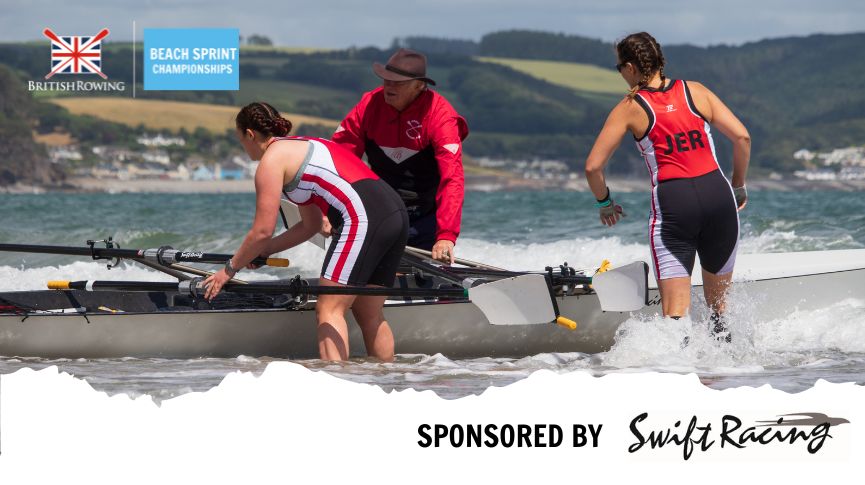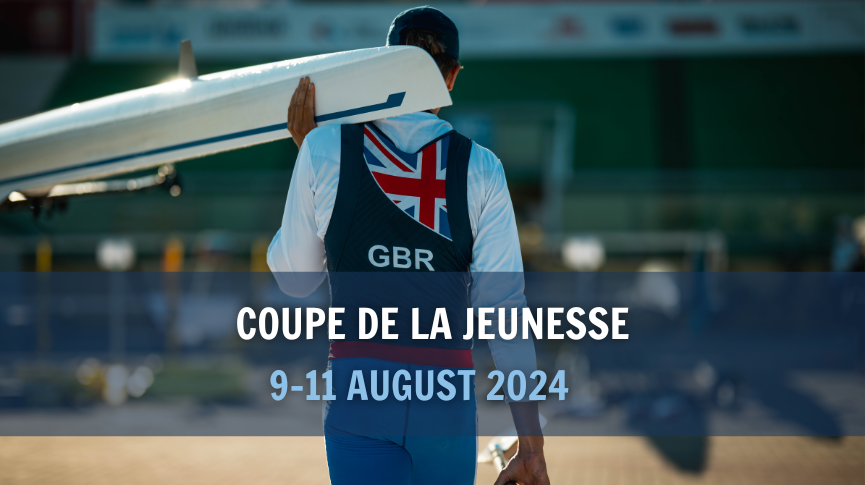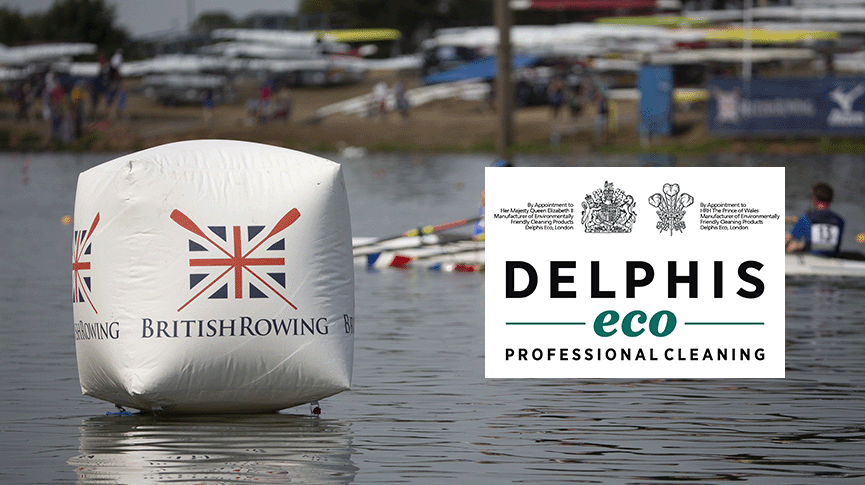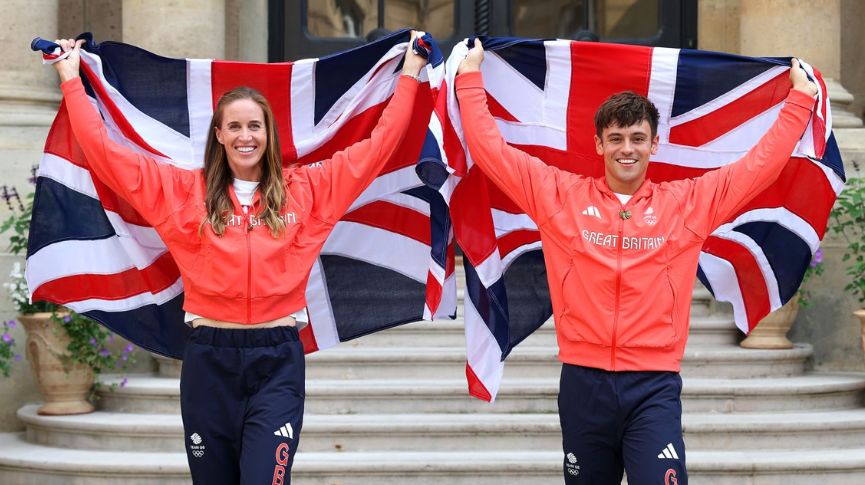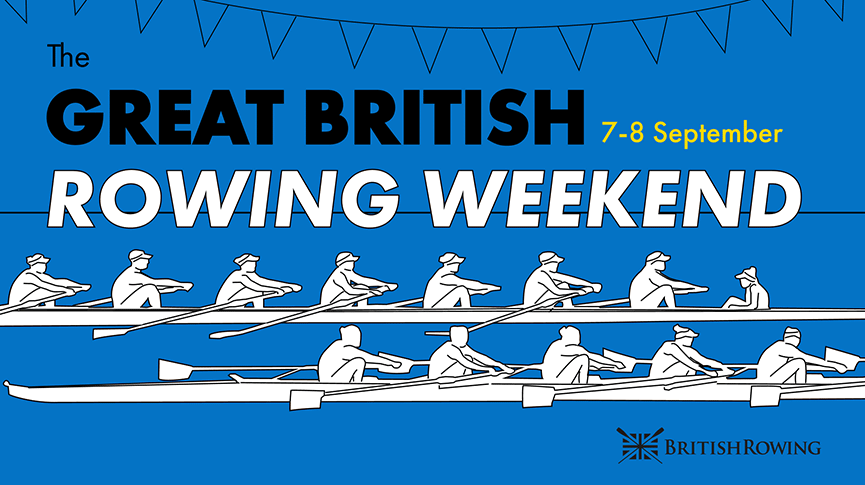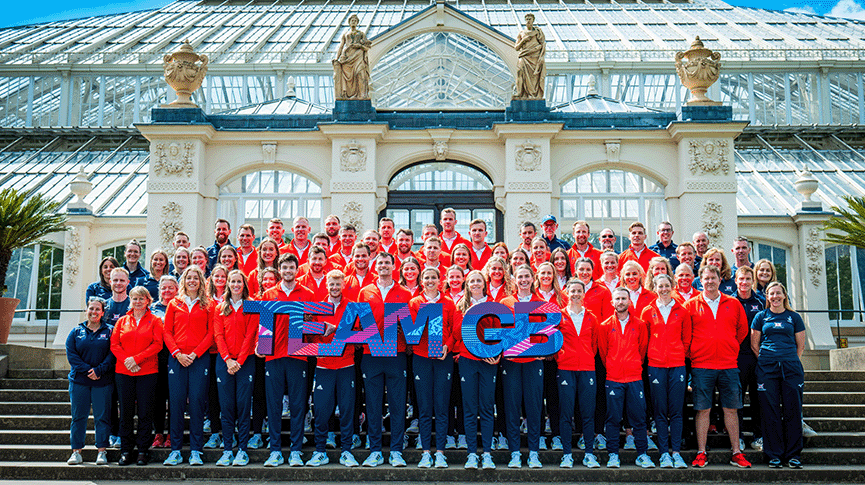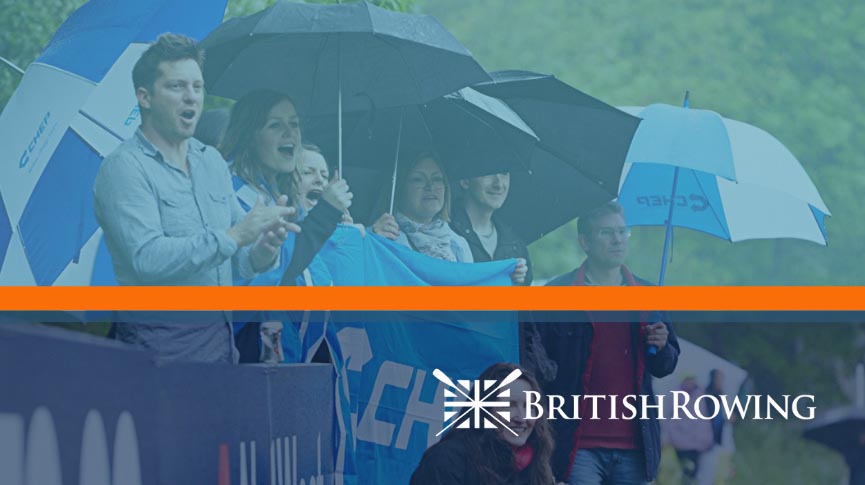Psychology of a winner
Results of a new study looking at the psychological profile of a winner have been released today by Siemens, the High Performance Partner of the GB Rowing Team. The study, which involved a survey of 350 UK business leaders, athletes from the GB Rowing Team and recent graduates now working at Siemens, shows that preparation, self-belief and the ability to learn from mistakes are the most common drivers to success in business and sport.
“We’ve found a number of common qualities that run across business and sport that clearly characterise what it means to be a winner. There are also some areas where lessons can be learnt by today’s business leaders,” said Teresa Frost, head of talent management at Siemens.
“What’s particularly promising is that the graduates coming through are already demonstrating winning characteristics, which says great things about the business leaders of tomorrow. It’s essential that businesses provide graduates with the correct support and encouragement to harness their fresh approach so it can be utilised throughout their entire careers,” added Teresa Frost.
It’ll be alright on the night!
The survey shows that although 54% of CEOs regard preparation as the key element to achieving success at work, 72% believe they are still giving top class performances without thorough preparation, indicating that many are sailing close to the wind. Similarly, 84% of rowers regard preparation as a key priority but just over half (51%) believe they deliver top class performances without preparation.
“The results indicate that business people and sports people are possibly only performing on half steam and that overconfidence is often confused with self-belief . Being a winner is not simply about producing one great performance, but is the art of producing great performances time after time,” said Dr Chris Shambrook, Amateur Rowing Association psychologist and director of K2 Performance Systems.
Who dares wins!
The research shows that only 15% of CEOs regard the ability to learn from mistakes as a key element to success but 38% like to take chances at work. In contrast, 22% of rowers say they would welcome failure as a means to learn and improve, and graduates are even more willing to learn from failure with 36% seeing failure as an opportunity to improve.
“For graduates, making and learning from mistakes is very much part of the development process. However, for business leaders and athletes, there is very little room for error because the consequences of their mistakes are often more costly,” said Teresa Frost.
It is no surprise that 72% of top British rowers consider themselves as massive risk-takers. Given that a fraction of a second could be the difference between winning or losing, some risk taking will be necessary to gain a competitive edge, but this risk-taking attitude by the athletes is balanced by more thorough preparation than any other group, so the risks are calculated rather than reckless.
The study also highlights that 62% of CEOs claim that they can not give a winning performance without a good night’s sleep, yet as many as 68% of those CEOs have less than seven hours’ sleep per night — below the recommended seven to nine hours for adults .
In contrast, 72% of the GB Rowing Team claim that they average more than seven hours sleep per night, more than double the number of CEOs getting enough sleep. These results send a stark message to business leaders desperate to improve performance. Interestingly, graduates, in spite of their reputation for a ‘work hard, play hard’ culture are in fact getting much more sleep than their older colleagues with 61% managing more than seven hours a night.
“There has been extensive research carried out into sleep patterns and how this affects performance. By not over or under sleeping, workers are more productive. Those that are less productive find themselves under-achieving and having to do longer hours at work, causing a vicious circle of long working days and little sleep,” adds psychologist Dr Chris Shambrook.
The study also revealed that despite the fact that more than 55% of all the respondents remained confident when faced with great criticism, challenges and adversity, some, especially the athletes, still find room for lucky charms. They turn to superstitions such as lucky numbers, wearing lucky shoes or clothes, and routines such as washing and clearing away the dishes for luck!
“It goes to show that even with all the right characteristics, the right sleep patterns and strong self-belief, some of us still have little superstitions that help ease our nerves and allow us to believe that lady luck is on our side. However, elite performers really know they make their own luck through their rigorous preparation,” adds Dr Shambrook.
-ends-
Notes to editors:
About Siemens in the UK
Siemens was established in the United Kingdom 164 years ago. The company employs 20,314 people in the UK, including about 6,500 in the manufacturing sector. Last year’s revenues were £3.5 billion, including exports of £580 million, and it spent almost £75 million on research and development. As a leading global engineering company, Siemens provides innovative solutions to help tackle the world’s major challenges, including the shortage of natural resources, increasing environmental care, and a growing demand for healthcare, mobility and security. Siemens has offices and factories throughout the UK, with its headquarters in Bracknell, Berkshire. The company’s global headquarters is in Munich, Germany. For more information, visit www.siemens.co.uk


